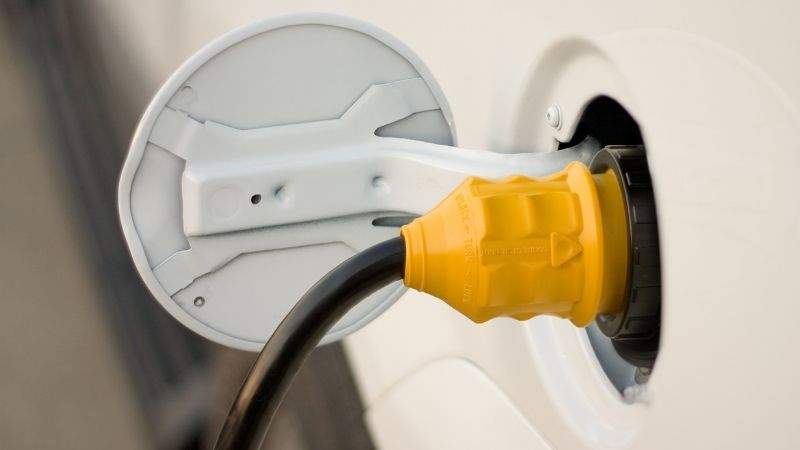
Technology is evolving every day and getting innovations that are helpful to humankind. In the automobiles sector, electric cars are considered a revolution.
There are many benefits of these electric cars. Along with the benefits, there are consequences too that cannot be overlooked.
The electric car technology
The technology in electric cars is regularly changing and bringing about new features every day. More and more companies are getting into electric cars and getting expertise in this field.
Along with more companies, many people are also buying these electric cars. With a higher price than fuel cars, many people with not-so-good credit scores want to choose car finance for bad credit instant decision to fulfil their needs of buying an electric car.
Like many other people, you may feel like stepping into the future, but for every good thing, you have to pay the price. Similarly, with advantages, there are some disadvantages too that are attached to these electric cars.
Advantages of Electric Cars

Zero emissions
An electric car works on zero emissions as it has a big battery with no engine sound. They are far away from exhausts and do not produce any emissions.
While starting an electric car, the National Grid is being used, and the electricity is being used generated from coal, solar power, nuclear, and gas. This makes the system emission-free but not entirely.
Fuel savings
One of the biggest savings you make on an electric car is fuel savings. Compared to the fuel car, your electric car saves a lot of your time by not standing in the long queues to get your car refilled.
Considering the fuel price, your electric car can save almost £1,000 every year compared to the fuel car. There is no waiting time for you. With an electric car, you are free to roam around without getting worried about fuel consumption.
Maintenance savings
Unlike fuel cars, electric cars do not need regular oil changing and servicing sessions. They can work with minimum service and fewer moving parts.
They are cheaper to maintain and save a lot of money on your maintenance charges. Although the battery can be an issue sometimes otherwise, it is a low-maintenance car.
Tax benefits
Electric cars are tax-free because of their emission-free status. With an electric car, you save around £140 a year as compared to a fuel car. The savings can be more than this also if used efficiently.
The most polluting cars on the road are taxed, whereas electric cars are zero-pollution cars, saving from excess taxes.
Nearly no noise
Electric cars save your fuel and energy and also make no noise, unlike your fuel cars. They are extremely quiet.
For the first, they can be unsettling, but the next time you get used to it, they provide you with a great experience. Since no engine is used, there is no whoosh sound, and the tire noise is almost close to zero.
Disadvantages of Electric cars
Range anxiety
In the initial days, the disadvantage an eclectic car would cover with a single charge was much lesser than that of a fuel car. An electric car would struggle to cover a particular range and cannot go beyond 100 miles.
This range is not sufficient for fulfilling the day-to-day needs and hence was less preferred than the fuel cars. It could not be an everyday use car because of the lesser range it covered.
Charging points
Electric cars work on charging, and as of April 2021, there are lesser than 15,000 active charging locations and 45,000 individual connectors. 31.2% are located in almost a small place, and the rest is placed all over, making it difficult for people to operate their electric cars.
There is still much improvement required in getting the charging stations to make electric cars work as a successful concept. Three or four charging points outside the supermarket are not enough when most of the population is seeking charging points for their electric cars.
Charging time
Charging an electric car takes a lot of time and is not as quick as getting a car refueled. The time depends on the model of the car and how powerful the charger is.
For example, some models take almost 30 minutes to fully charge the battery, whereas others take up to 1 hour to function properly. You also have a facility for home chargers that can be delivered to your doorstep.
It also depends on the type of socket being used. For example, the Hyundai electric cars take up to 12 hours to charge from an ordinary socket.
Driving fun
Compared to fuel cars, electric cars are much heavier and do not provide a smooth experience of driving because of their batteries.
They are often slow to drive and changing direction, not giving complete satisfaction to the driver.
Conclusion
Although fuel cars are much preferred over these electric cars, these cars are environmentally friendly and help you positively contribute to the environment.